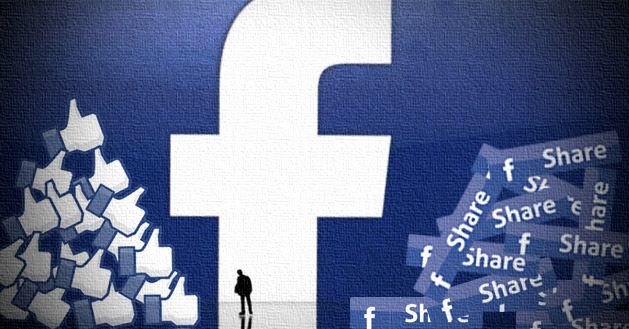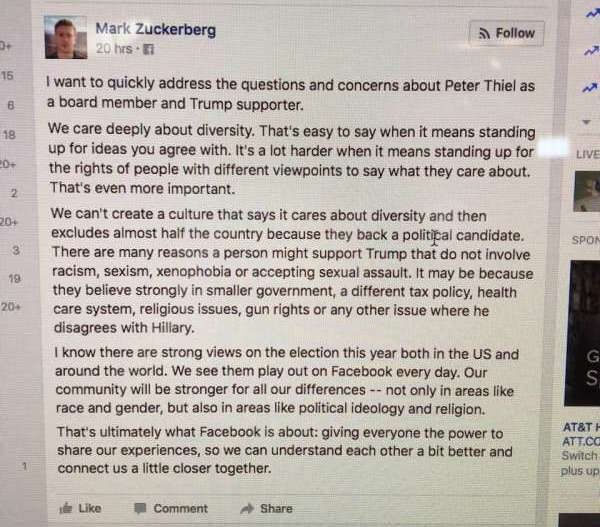A More Civil Social Media Feed
This election season has been ugly enough to turn off even the most avid political junkie and few people will be sad to see it end. Social media has become ground zero of the ugliness, as research has shown that social media often amplifies the political negativity that already exists. Students of psychology will be unsurprised by this as it is a consistent finding that negative information tends to be more powerful than positive information. You are more likely to click or donate when an ad tells you how dire a situation is, and so we get ever more social media stories designed to get us to click on their ever more negative and sensational headlines. And as the algorithms learn that we tend to click on negative stories, we get more of what we click on, leading to a death spiral where our social media feeds are full of the latest political attacks, strangely interspersed with intermittent photos of our friends’ children.
None of us likes this, but there is one thing we can do about it – consciously changing the composition of our social media feeds and by extension, that of our friends, in order to create a more civil Facebook feed. In the context of this election, it was natural for all of us (me included) to share negative information about the other candidate, in order to achieve our competitive goal. But after this election, we should take the candidates’ words – that this election is about us and not them – to heart, and focus on the goals we all want to see pass, if only to reduce the acrimony that has made reading social media so dreary for months.
 Accordingly, CivilPolitics is going to start a new initiative after the election where we post articles about liberals and conservatives working together for the common good. These stories are not sensational enough to get clicks nor are they likely to lead to donations, so they tend to be under-represented on social media. By spending our time and money (in the form of social media promotion) on spreading such messages, we will not only help re-train the algorithms of those who choose to help spread these messages, but will also help create an “extended contact effect” where simply knowing that members of opposing groups are working together will help reduce the tensions this election created. This isn’t something we can do alone, so we are going to explicitly ask you to re-share these messages (sharing retrains Facebook’s algorithms much more than clicking or liking) with your community, in the hopes we can create a more civil social media experience for us all.
Accordingly, CivilPolitics is going to start a new initiative after the election where we post articles about liberals and conservatives working together for the common good. These stories are not sensational enough to get clicks nor are they likely to lead to donations, so they tend to be under-represented on social media. By spending our time and money (in the form of social media promotion) on spreading such messages, we will not only help re-train the algorithms of those who choose to help spread these messages, but will also help create an “extended contact effect” where simply knowing that members of opposing groups are working together will help reduce the tensions this election created. This isn’t something we can do alone, so we are going to explicitly ask you to re-share these messages (sharing retrains Facebook’s algorithms much more than clicking or liking) with your community, in the hopes we can create a more civil social media experience for us all.
Click here to see our Facebook page and please do share any articles that you think would resonate with your community. Every little bit helps not only reduce polarization for your friends, but train Facebook’s algorithms that positive information is something worth spreading.
– Ravi Iyer

